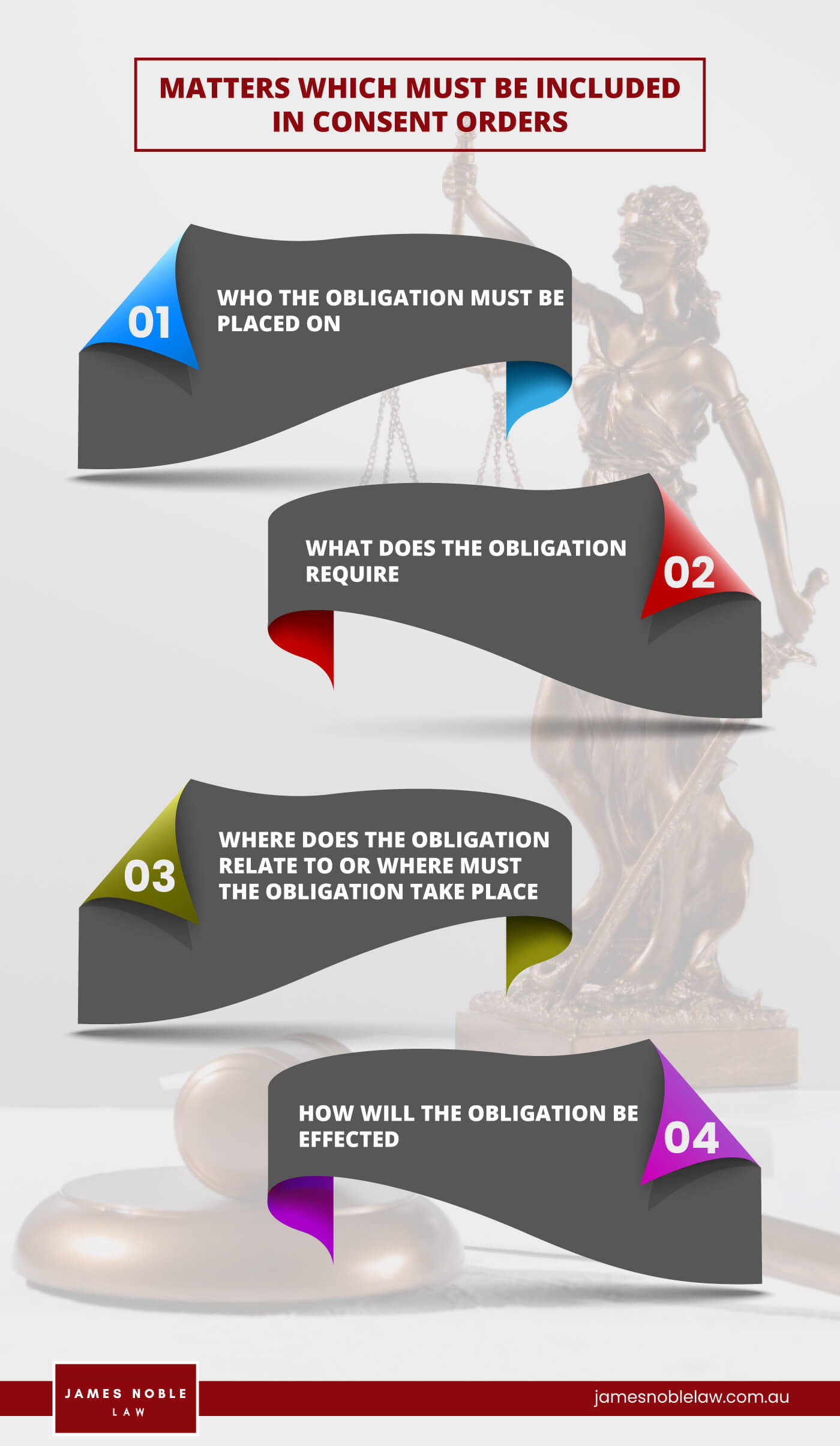
Consent Orders in Family Law Matters – Australia
According to the information provided by Adam Cooper in a paper he has delivered.
 Consent orders are a very useful means of obtaining orders from the Family Court in regard to property and children’s matters. Consent orders carry many advantages, including the exemption in property matters for roll-over stamp duty and capital gains tax.
Consent orders are a very useful means of obtaining orders from the Family Court in regard to property and children’s matters. Consent orders carry many advantages, including the exemption in property matters for roll-over stamp duty and capital gains tax.
Being an economical and less invasive means of resolution, an ability to divide superannuation interests between the parties, the potential for one party to be indemnified in relation to liabilities incurred during the relationship, and excluding the parties from coming back and seeking a larger slice of the net matrimonial assets.
Consent orders are a very cost-effective way of resolving matters after a breakdown in a matrimonial relationship. Consent orders apply to marriages as well as de facto and same-sex relationships.
There are a number of matters which must be included in consent orders such as:
 who the obligation must be placed on;
who the obligation must be placed on; - what does the obligation require;
- where does the obligation relate to or where must the obligation take place; and
- how will the obligation be effected.
Consent orders means placing a legally binding obligation on at least one of the parties to the relationship or on all of the parties to the relationship.
The Court issuing the consent orders must have the jurisdiction to make the orders. The Family Court does have accrued jurisdictional powers whereas the Federal Circuit Court, which is part of the Family Court complex, is entirely a creation of statute. Consent orders are made by the Family Court and must be drafted to enable that court to make the orders.
Again, care should be taken in making consent orders in relation to children. Certain orders relating to the financial support of the children do not fall within the jurisdiction of the Family Court and the Family Court has no power to make such orders when drafted into consent orders.
The Child Support Agency is the only agency able to make maintenance orders in regard to children. Even orders which are related to the schooling of the children and who is to pay the school fees would come within child maintenance and would not fall within the jurisdiction of the Family Court. Care must be taken therefore in drafting these sorts of orders.
Care should also be taken when drafting certain orders which relate to the transfer of realty. For example, the Family Court does have powers to make orders obliging the parties to do certain things and sign certain documents for the sale of property outside of Australia. The obligations fall directly on the parties.
However, the property may be in a country which would not allow these orders to take place. Although the court has powers to make the orders, there may be in certain instances, an outcome whereby the orders cannot be carried out.
The Family Court has powers to make consent orders in regard to undertakings. An undertaking is a specific obligation for a party to do, or not to do something.
Generally, the purpose of an undertaking is to oblige a party to undertake to do certain things in circumstances where the court may not have the power to make orders or in circumstances where the party seeks to avoid an order being made. An undertaking is not enforceable against the giver of the undertaking until it has been accepted by the Court. Like orders, an undertaking must establish an express obligation on the giver of the undertaking.
Superannuation is considered as property in family law matters. The Court has powers to order the ‘splitting’ of A party’s superannuation interest, thereby allowing the other party to gain an interest in the superannuation fund of the other party.
In drafting parenting orders, there are three critical categories that need to be considered:
 orders with respect to parental responsibility;
orders with respect to parental responsibility;- orders with respect to where the children live, and with whom they spend time and communicate; and
- specific issue orders such as how the parties communicate and
- amongst other things dealing with overseas traveling and passports.
Need help?
For more information about Consent Orders, contact the Brisbane family lawyers team at James Noble Law today for a FREE, no-obligation 20-minute consultation. To schedule an appointment with one of our Qualified and experienced Family lawyers Brisbane.
Find Brisbane family lawyers on Google Maps near you.
You may also like to know more information about the
- Mother withholding child from father Australia.
- Parental Responsibilities and Legislation.
- The different types of Child Support Arrangements.
- Learn about family court portal.
- How to prepare family reports?
- Learn about the family Law act 1975
- Online Divorce application In Australia.
- How To Avoid Problems Drafting A Will?
- Are you planning for Wills and estate?
- Is A DIY Will Kit A Killer Choice?
- Learn about will kit Australia post
- Learn about prenuptial agreement Australia.


 who the obligation must be placed on;
who the obligation must be placed on;  orders with respect to parental responsibility;
orders with respect to parental responsibility;